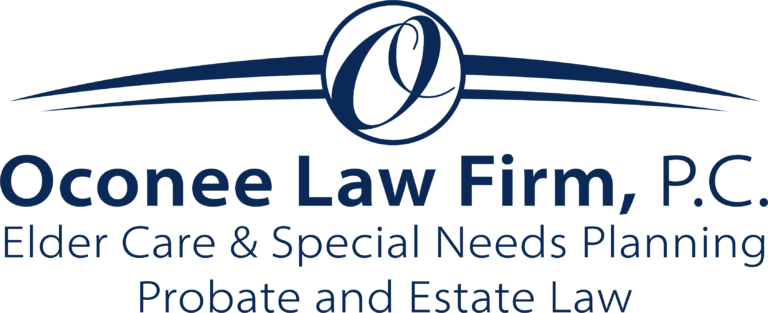A two-year study monitored 272 people, whose brain scans showed Alzheimer’s. They discovered that patients who took the drug had a 32% slower rate of decline than those who were given a placebo, according to AARP’s recent article entitled “The Alzheimer’s Drugs Showing Early Promise.”
“It’s very encouraging because this is the first time a drug of its kind has had positive results in early-stage trials,” says Lon Schneider, M.D., Della Martin Chair in psychiatry and neuroscience at the Keck School of Medicine of the University of Southern California.
The drug, known as a monoclonal antibody, works by attaching to the hard plaque in the brain made from amyloid (a protein associated with Alzheimer’s).
While these initial findings are promising, Schneider says more data is required. “It may have been everyone just had a small cognitive decline, in which case the results aren’t as significant,” he says.
However, this is not the only news from Alzheimer’s researchers.
“There are several new drugs either close to getting FDA approval, or in development, that promise to really change the playing field when it comes to treatment of Alzheimer’s disease,” says Marwan Sabbagh, M.D., director of the Cleveland Clinic Lou Ruvo Center for Brain Health in Las Vegas.
Here are some of the most promising drugs in trials:
- Aducanumab: This drug is seeking FDA approval. It is another monoclonal antibody similar to donanemab that binds to the hard amyloid plaques. “It will be a game changer if it’s approved, because this will be the first drug shown to actually slow down the progression of Alzheimer’s disease,” Sabbagh remarked.
- Pimavanserin: This antipsychotic drug is already approved to treat hallucinations and delusions in people with Parkinson’s disease, but it is now under FDA review for the treatment of some of the behavioral and psychological symptoms of all dementias. “Research shows that it’s very effective also in treating dementia-related psychosis or hallucinations,” Sabbagh says. “This is important because these sorts of episodes are the main reason patients with Alzheimer’s get placed in memory care facilities. If caregivers can manage these symptoms, more people will be able to stay at home.”
- Atuzaginstat: Studies show that the bacteria P. gingivalis (the cause of gum disease) can impact the brain and cause Alzheimer’s disease. This drug is in clinical trials to determine if it can stop gingipains—the toxic proteins the bacteria release—which can damage healthy brain cells.
- NDX-1017: This is administered as a daily injectable. It is a small molecule that improves the activity of hepatocyte growth factor (HGF), a protein found in your body’s tissues, including your brain. HGF hopefully will strengthen the synapses or connections between your brain cells, thus reversing some of the damage caused by Alzheimer’s. Research shows that it works quickly, making an impact in as little as eight days.
- ALZ-801: This medication is taken orally rather than as an injection. Unlike monoclonal antibodies, which latch onto amyloid plaques and eliminate them, ALZ-801 attacks earlier in the process, blocking the amyloid from ever forming.
- Lenalidomide (Revlimid): This is used to treat leukemia or multiple myeloma but is now being studied for its potential to treat Alzheimer’s.
Reference: AARP (Jan. 22, 2021) “The Alzheimer’s Drugs Showing Early Promise”
Suggested Key Terms: Elder Law Attorney, Alzheimer’s Disease

